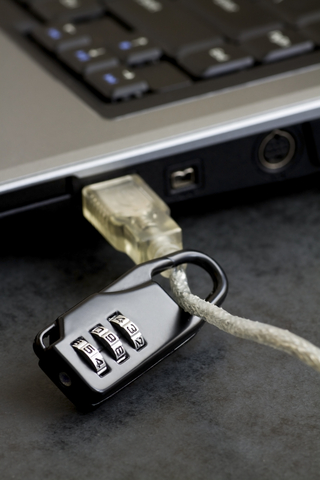5 Tips that will Boost your Network Security
How good is your network security? Many people assume that it’s fine because they haven’t had to deal with viruses or malicious attacks, but you might be more unprotected than you think. If you use remote utilities and require a functional network at all times, you should take the steps outlined below to protect yourself. Not only will this keep you safe from viruses, but it will also protect against other malicious attacks that might slow your network down.

1: Configure and Protect your Firewall
Having a good firewall is a must for any business, but you need to make sure that you configure it properly. Make sure that you test any and all software that will be used remotely via a remote gateway before you put it into practice. You should make sure to close off all ports that don’t need to be open in your firewall, but you also don’t want to accidentally block anybody who is legitimately using remote access. You should also make sure to password protect your firewall. Many people make the mistake of assuming that a firewall can’t be breached, but if you don’t add security to who can access it, you might find your first line of defense in network security taken over by hackers.
2: Keep your Firmware Updated
Typical routers used by small businesses usually go out of date within a year. Because of this, it’s a good idea to check for firmware updates to your router and firewall at least once a year, and preferably once every six months. You can check for updates by opening the router admin screen. Many products come with an even easier option to check for updates, which can be put right on your network administrator’s desktop. Each time you update the firmware, you should also make sure to check out the manufacturer’s website. Most router and firewall suppliers have a news section that can keep you up to date on all the latest developments and whether any security issues have been raised lately.
3: Block Network Pings
One of the easiest things you can do to keep your network secure is to make sure that hackers don’t take notice of you. One way that hackers explore potential servers that they can attack is to send out a ping request to a server that interests them. If the server responds back, and most of them do, the hacker can then explore the possibility further. If the server doesn’t respond, there is less of a chance that the hacker will go any further. Your network administration menu will include an option to block ping requests. If you can’t find it right away, look in the firewall configuration options. Taking this step shouldn’t have an effect on your employees’ access, but will help to keep hackers away.
4: Invest in an IPS
IPS stands for Intrusion Prevention System and is quickly becoming the standard for businesses that want to protect their network. While most network security options monitor port activity, an IPS monitors the traffic flow through each port you have open and alerts you of any unusual activities. A sudden change in traffic flow can signal a malicious attack or hacking attempt. If you are alerted of this quickly you can respond in moments rather than let the potential security breach through. You can get an IPS either separately or as part of a Unified Threat Management, or UTM, package of programs. This will help you to make sure that only the traffic you control gets onto your network.
5: Scan Yourself
One of the simplest but most often overlooked steps in network security is just to make sure that you scan regularly for viruses, spyware, and other items that can either slow your network down or create security risks. Make sure that your network administrator does a full virus and spyware scan at least once a week. This may take a bit of time depending on how big your network is, but it will keep things running at peak efficiency. You should also take note of users that collect a high number of tracking cookies or other low security files. In those cases, you might be able to provide a way to change browsing habits that will reduce these security risks.
It’s not that hard to keep your network secure. All you need to do is make sure to keep an eye on your network and be aware of any unusual activity. These steps won’t make you 100% safe, but they will greatly improve your network’s security.